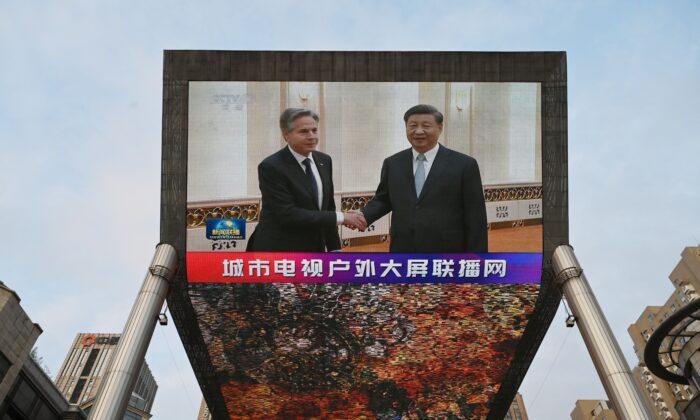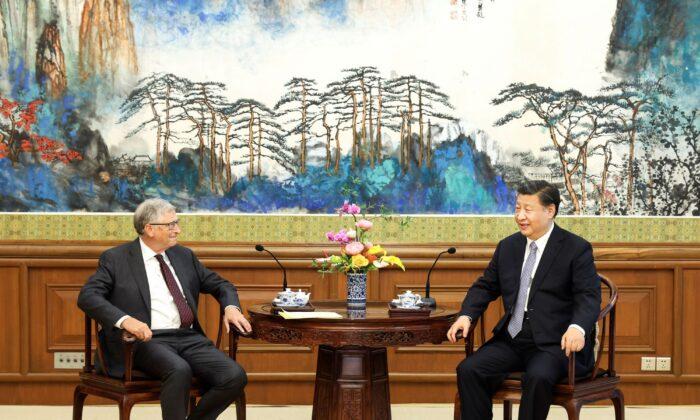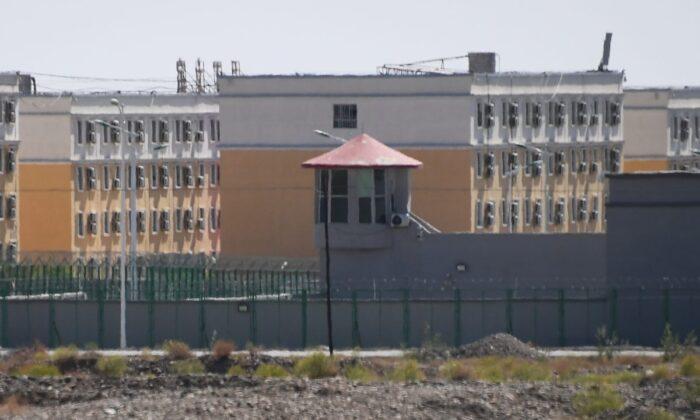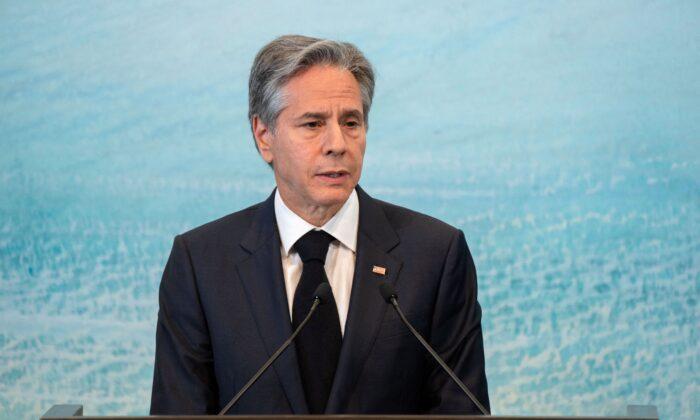The United States risks losing its pension funds in China as the regime seeks to undermine the economic base of America, according to Gregory Copley, president of the International Strategic Studies Association.
Billionaire investor Mark Mobius recently said that the Chinese regime has taken “very significant” action to prevent him from withdrawing capital from Chinese equities since his HSBC account is situated in Shanghai.
Undermining the West Amid Economic Woes
According to the expert, “China is basically in a very, very weak economic position.”“There’s no evidence that the private sector itself is stimulating growth or that there is a growth in consumer demand. Quite the contrary—people are very, very gun-shy after the events of the last couple of years, and are not spending in the way the [Chinese] Communist Party had projected,” he said.
“The major sectors of the economy, and particularly the property sector, look unlikely to revive at best.”
And thus, he said, it’s hard for China to build up an internal marketplace that “will be enough to stimulate economic growth and operations.”
Copley said he believes that Chinese leader Xi Jinping has realized that economically and strategically outgrowing the West, particularly the United States, is now very difficult.
“So he must resort to undermining the economic and strategic base of his adversaries, particularly the United States,” Copley said.
“So the view is, if China cannot grow strategically enough to defeat the West, then the West must be reduced by indirect means economically, politically, and so on, so that the West becomes economically deprived and politically unstable.
Deterring Invasion of Taiwan
Copley said that Xi could launch an invasion of Taiwan to shift blame for the country’s economic turmoil and urge the United States and its allies to take steps to deter it.“The United States needs to demonstrate a greater physical commitment to supporting the Taiwanese Republic of China forces,” he said.
“Other countries, such as Australia, must show more open support militarily for Taiwan.
“It’s critical that the United States and its allies show real resolve in letting Xi Jinping know that an open war is not an option which is viable, and showing that an open war is something that he absolutely will lose, and it will cost him his party and probably his life.”





